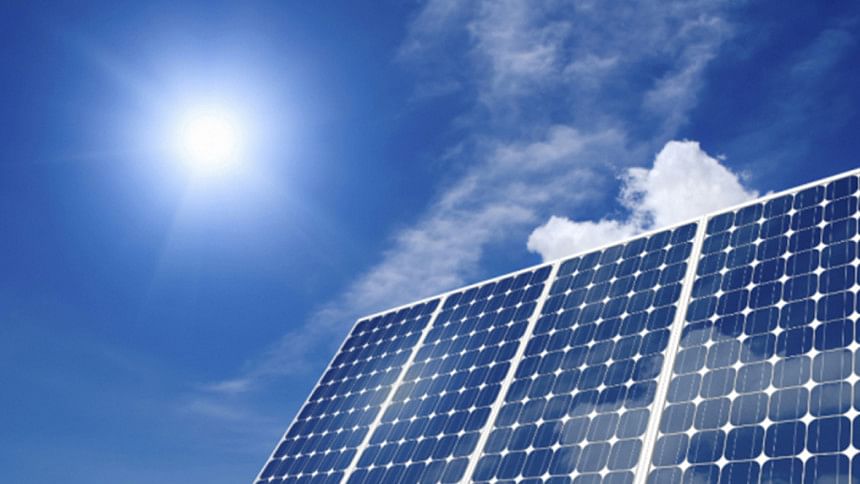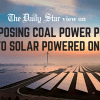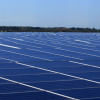SolarCity will use Tesla’s Powerpack to deliver solar power

No source of energy is perfect and one of the traditional drawbacks of solar energy has been that it's tough to generate new power when it's dark outside.
However, SolarCity announced this week that it's taken a big step toward fixing this problem by agreeing to use Tesla's 52 MWh Powerpack lithium-ion battery storage system for its massive solar power project that it's building in Hawaii for the Kaua'i Island Utility Cooperative (KIUC).
SolarCity, of course, is chaired by Tesla CEO Elon Musk so the decision to go with the Powerpack is pretty convenient for both companies, reports bgr.com.
SolarCity says it believes that its collaboration with Tesla will produce "the first utility-scale system in the US to provide dispatchable solar energy, meaning that the utility can count on electricity being available when it's needed, even hours after the sun goes down." To be clear, using the Powerpack won't completely eliminate the need for non-solar resources at night since it's projected to feed up to 13 megawatts of electricity onto the grid, which will only reduce the amount of power used by non-renewable sources.
KIUC will pay SolarCity 14.5 cents per kilowatt hour for power generated by its newest solar array that's capable of delivering power at night. In contrast, KIUC is now paying 12 cents per kilowatt hour for power generated by SolarCity's two existing solar arrays that can only deliver power during the day, bgr.com reported.
The new array and battery storage system projects to be very large and is being built on a 50-acre piece of land on the island of Kaua'i.
Tesla's Powerpack batteries, which it first unveiled alongside its Powerwall home batteries last year, are being sold to businesses and utilities for power storage and sell for $250 per kilowatt hour. These energy storage batteries are part of Tesla's plan to expand its business into areas besides electric cars, as it has ambitions to change the way energy is stored both by electric utilities and individual homeowners.

 For all latest news, follow The Daily Star's Google News channel.
For all latest news, follow The Daily Star's Google News channel. 








Comments